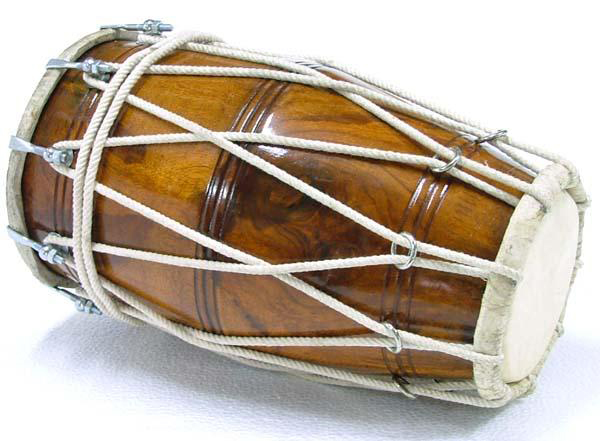A selfless 63-year old man from a rural village in the Jashpur District of Chhattisgarh has devoted his life to promoting the welfare of the Birhor people. The Hitavada, an English-language daily newspaper from Central India, published an account on July 6th of the work of Jageshwar Ram Yadav, who was recently recognized by the Chhattisgarh state government with its Shaheed Veer Narayan Singh Award for his efforts on behalf of the Birhor. It is the premier recognition by the state for achievements in tribal development and protection.

Yadav was raised in the village of Bhitghara, in the Bagicha Block of Jashpur District and he became attracted as a child to a nearby Birhor group. He spent a lot of his time during his childhood with the Birhor, frequently inquiring about them from his parents, though they never really understood his feelings for the tribal people. In fact, other members of his village also disapproved of his attachment to the Birhor and threatened to boycott him because of his growing interest in them.
After he completed his 10th grade examinations, he decided to not pursue any further education and to devote his life to promoting the welfare of the Birhor. Some years later, around the age of 25, Yadav left his village and moved into the forest to live with them. He told the newspaper that his experiences were not easy. The Birhor people didn’t know who he was or what motivated him, so they were apprehensive. “They thought that I have come to hypnotize them for human-sacrifice,” he told the reporter.

But they slowly grew to trust him as he learned to speak their language, called “Birhoduk” in this account. His travels expanded and he visited Birhor communities more widely across Chhattisgarh, in the Korba, Bilaspur and Raigarh districts. He explained that he often walked 50 km from one community to the next through the forests. Since most of the Birhor males were out hunting during the daytime, he usually had to wait until evening to talk with them.
He would stay with them in their forest huts, learning how they fabricated ropes out of the fibers of forest vines which they sold in nearby town markets. He would get the names of their friends and relatives in other settlements which he would then visit. He bragged that he had met every Birhor in the state.

He explained to the reporter that the Birhor were a landless, nomadic people who traditionally subsisted on their hunting and gathering. They particularly thrived on the monkeys they killed, eating the meat and selling the skins, which were used in the construction of musical instruments such as the dholak, a hand-held, two-headed drum. He said that they had a high rate of infant mortality, were usually drunk, and that their standard of living was “pathetic.”
Yadav started campaigning for more government assistance for the Birhor. He wrote to officials, including then Prime Minister Rajiv Gandhi, personally lobbied with members of parliament and the state legislative assembly, and visited bureaucrats in a variety of government departments. He campaigned for vaccinations, better sanitation, and help with their addictions. He appealed for support for agricultural equipment and oxen so he could persuade some of them to settle into agricultural life.
He lobbied for health improvements for the Birhor as well as support for their education. He urged government agencies to provide a job for any Birhor person who completes a class 8 education. His efforts paid off when the government finally designated the Birhor as a Particularly Vulnerable Tribal Group (PVTG), which enabled them to take advantage of a number of government welfare programs.
As a result of his efforts, numerous schools have opened in Chhattisgarh for Birhor children. Most of the Birhor in the state are now engaged in agricultural pursuits and their education, health, and standard of living have improved. The journalist for The Hitavada concludes, the “majority of them have also shunned their age-old practice of eating monkey’s meat.”

